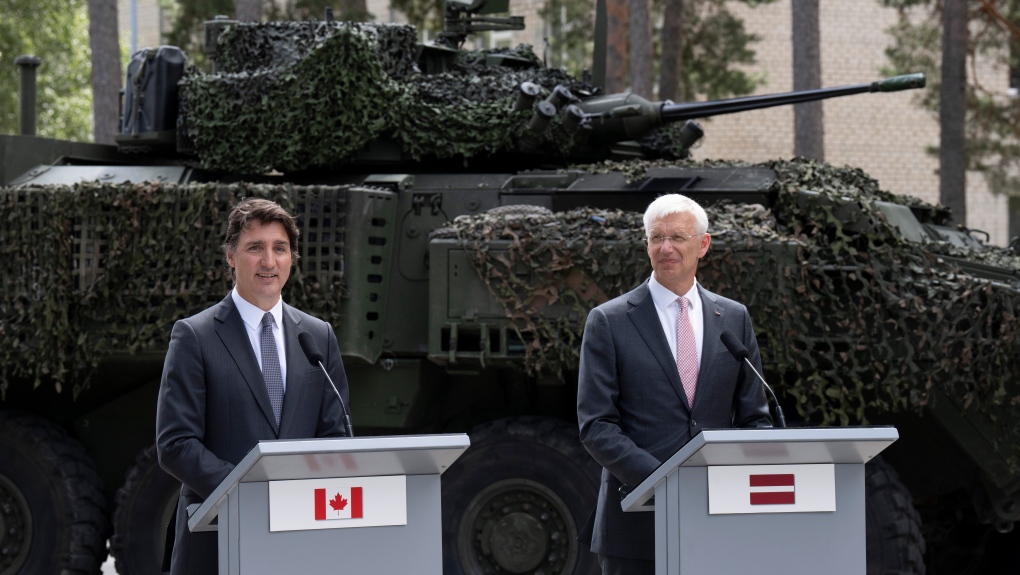Canada’s Stance on Niger’s Military Coup: Opposition Voiced, Aid Cuts Withheld
Canada’s stance on Niger’s military coup has been one of opposition. The country has expressed its disapproval of the recent military coup in Niger. However, unlike other nations, it has not threatened to cut aid to the West African country. This decision has raised questions about Canada’s stance on Niger’s military coup and its implications for Niger’s future.
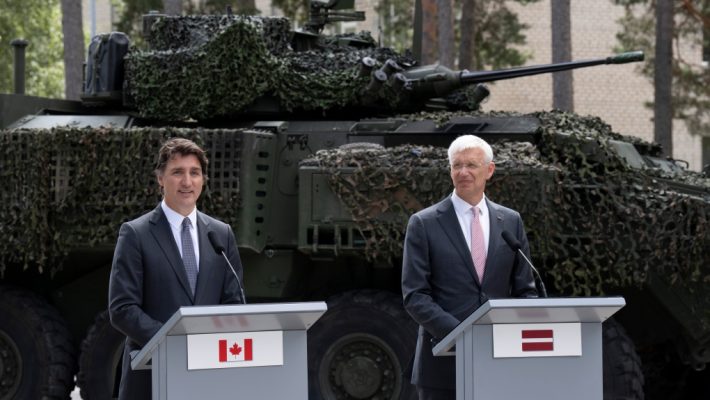
Last week, a group within Niger’s military claimed to have overthrown the country’s democratically elected president, Mohamed Bazoum, and detained him in his palace.
This event has sparked international concern and has led to various reactions from different countries, with Canada’s stance on Niger’s military coup being one of strong condemnation.
Global Affairs Canada’s Response to the Coup
Global Affairs Canada, the department responsible for managing Canada’s diplomatic and consular relations, has been vocal about Canada’s stance on Niger’s military coup. In a tweet, the department expressed its strong condemnation of the attempted coup in Niger.
They reaffirmed Canada’s support for Niger’s democracy and called for President Bazoum’s release. Further solidifying Canada’s stance on Niger’s military coup.
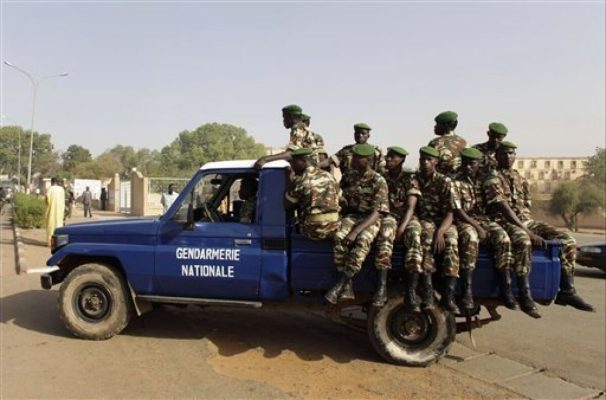
The Economic Community of West African States (ECOWAS), a group of 15 countries, has taken a more aggressive stance.
ECOWAS has threatened to impose sanctions on the leaders of the military junta and send in troops if President Bazoum is not restored to power within a week. This threat is in line with ECOWAS’s commitment to maintaining democratic order in the region.
Canada’s Aid to Niger Amidst the Coup
Despite the political turmoil, the Trudeau government has not indicated any plans to reduce development and humanitarian aid to Niger.
Which amounts to approximately $60 million per year. This decision is a significant aspect of Canada’s stance on Niger’s military coup.
It shows that while Canada condemns the coup, it remains committed to supporting the Nigerien people during these challenging times.
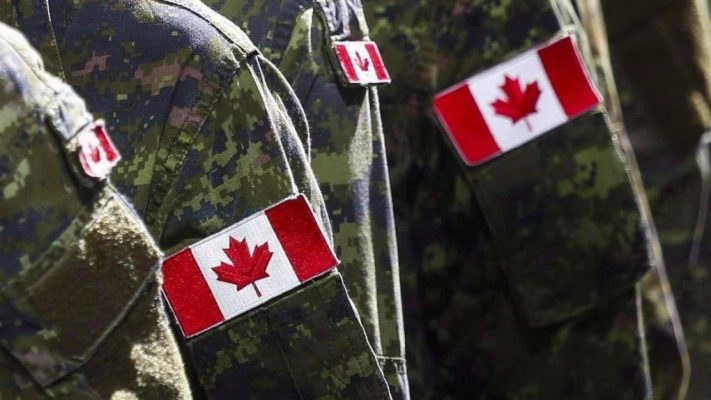
The economic sanctions threatened by ECOWAS could deeply impact the people of Niger, the third-poorest country in the world according to United Nations data.
The country relies heavily on imports from Nigeria for up to 90% of its power, according to the International Renewable Energy Agency.
This situation highlights the importance of international aid and the potential consequences of Canada changing its stance on Niger’s military coup.
ECOWAS’s Past Interventions and the Future of Niger
The 15-nation ECOWAS bloc has previously tried, albeit unsuccessfully, to restore democracies in nations where the military took power. In the 1990s, ECOWAS intervened in Liberia during its civil war.
In 2017, it intervened in Gambia to prevent the new president’s predecessor, Yahya Jammeh, from disrupting the handover of power. These past actions provide context for understanding the potential implications of Canada’s stance on Niger’s coup.
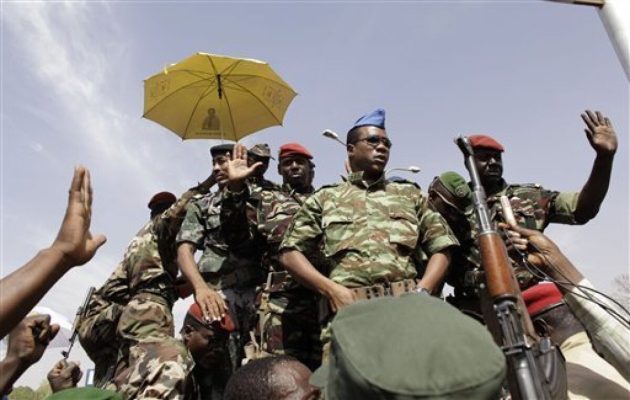
If ECOWAS uses force, it could trigger violence not only between Niger and ECOWAS forces but also between civilians supporting the coup and those against it.
The consequences on civilians of such an approach would be catastrophic, according to Rida Lyammouri, senior fellow at the Policy Center for the New South, a Morocco-based think tank. This potential outcome underscores the importance of diplomatic solutions and the significance of Canada’s stance on Niger’s coup.




